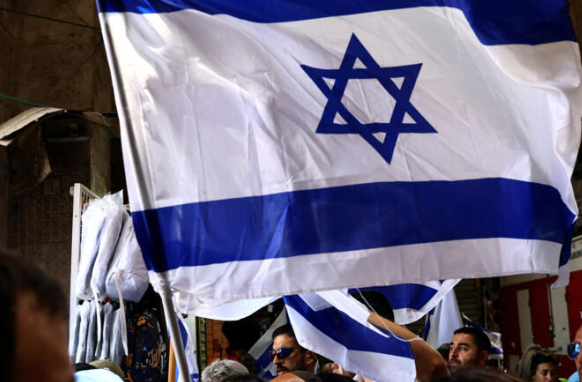#Israel #Lebanon #Hizbollah #WorldLeaders #EscalatingViolence #MilitaryTargets #AllOutWar #MiddleEastTensions
In a significant escalation of violence in the Middle East, Israel has initiated further military strikes on Lebanon. This aggressive move comes after Hizbollah, the Lebanon-based militant group, launched attacks on Israeli military positions early Tuesday morning. The situation has rapidly intensified, drawing the attention and concern of the international community. As the strikes continue, world leaders are stepping up to call for restraint, fearing that the ongoing hostilities could spiral into a full-scale war, further destabilizing the already volatile region.
The attacks by Hizbollah mark a dangerous escalation in the tension that has been simmering between Israel and Lebanon. This recent exchange of fire underscores the fragility of peace in the area and highlights the potential for a significant conflict that could involve multiple countries in the Middle East. Israel’s response, a series of targeted strikes against what it describes as Hizbollah strongholds, aims to neutralize the immediate threat posed by the group. However, this action also raises the stakes, inviting possible retaliation and further endangering the prospects for peace.
The international response has been swift and marked by a heightened level of concern. World leaders, through various channels and forums, have urged both Israel and Hizbollah to cease hostilities and return to dialogue. The United Nations, along with other diplomatic entities, is actively seeking a resolution to prevent the situation from descending into an all-out war. The delicate balance of power in the Middle East means that any conflict has the potential to draw in regional and global powers, complicating the path to peace and risking widespread instability.
As the situation develops, it remains critical for all parties involved to prioritize diplomatic solutions over military actions. The history of conflict between Israel and Lebanon provides ample evidence of the human and material costs of war. With the region standing on the brink of potential disaster, it is imperative that international efforts to mediate the crisis are supported and that cooler heads prevail. The coming days will be crucial in determining whether this latest episode of violence can be contained or if it will erupt into a broader conflict with unpredictable and far-reaching consequences.

















Comments are closed.